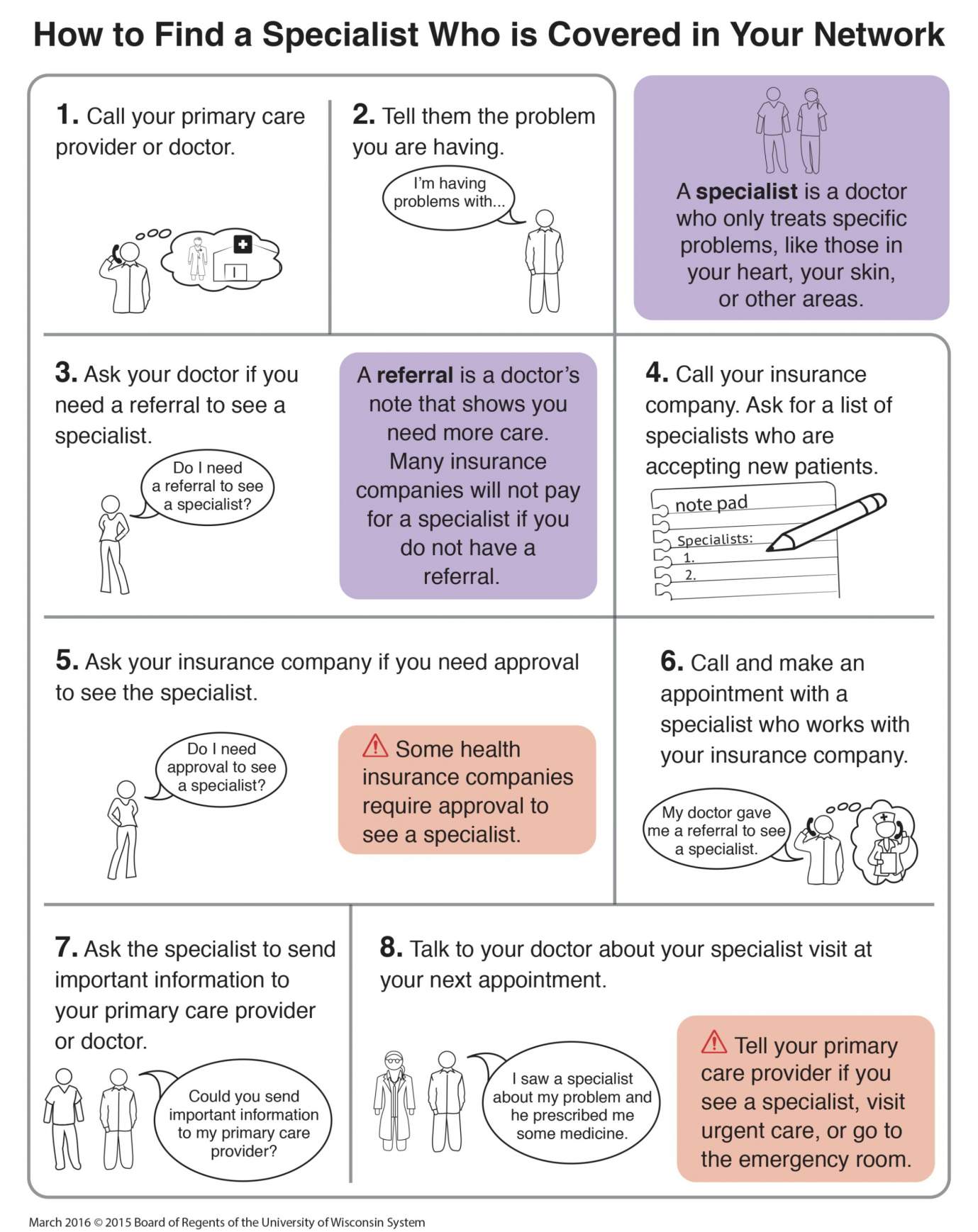
How To Navigate Health Insurance Networks And Specialized Care
For people with health insurance who want to see a doctor or get other care, the first step is understanding where to go that is covered by the specific plan.
In the world of health insurance, a network is the group of doctors, nurses, specialists, other care providers, hospitals and clinics that work with the individual's or family's insurance company. The patient seeking care should use the medical professionals within that group. Patients should also find which urgent care centers are in their networks so they know where to go when they need timely care but are unable to get in that day to the doctor or health care professional they see for routine care.
An individual's or family's insurance company can advise which health professionals are in their network. People insured through Medicaid must choose an insurance company and follow that selected network's rules. Medicare has a similar set-up, but its specific offerings for patients may be more flexible, depending on the insurance option.
Within a health insurance network, the patient needs to choose a primary care provider. This is the person seen for most health care needs and will often be the first point of contact for care. This primary care provider can be an internal medicine doctor, family practice doctor, nurse practitioner, physician's assistant, pediatrician (for kids), and, for women, a certified nurse midwife or obstetrician/gynecologist.
A primary care provider can help a person:
- Stay healthy
- Get a yearly physical exam
- Check whether symptoms are a new problem or part of existing health needs
- Understand how medicines interact with each other
- Check whether treatments are working or need to be changed
- Check whether follow-up exams, tests, or visits are needed
- Recommend tests that are right for age or health needs and give referrals to specialists.
At some point, a patient may also need to see a specialist. A specialist is a doctor who only treats specific problems, like those with the heart or skin or other parts and systems of the body.
Often, for a patient to see a specialist, the primary care provider will need to give a referral that indicates more care is needed. Many insurance companies will not pay for a patient to see a specialist without a referral. In addition, some insurance companies require that they approve the care before paying for a specialist visit or for medical services this provider recommends.
If a patient receives care from a specialist or other health professional, he or she should tell their primary care provider and explain what issues were discussed in the visit. Also, the patient should ask the specialist to send information from this visit to their primary care provider. And when a patient goes to urgent care or the emergency room, he or she should follow up with their primary care provider.
Covering Wisconsin, a health insurance literacy outreach organization, has created a fact sheet titled "Understanding Networks, Primary Care, and Specialists" that defines these terms and explains how to find a specialist who is covered by a specific health care network.
Anybody unsure of who to call when they need care should first contact their insurance company for help.
Stephanie Severs is a health insurance literacy outreach specialist for Covering Wisconsin.



